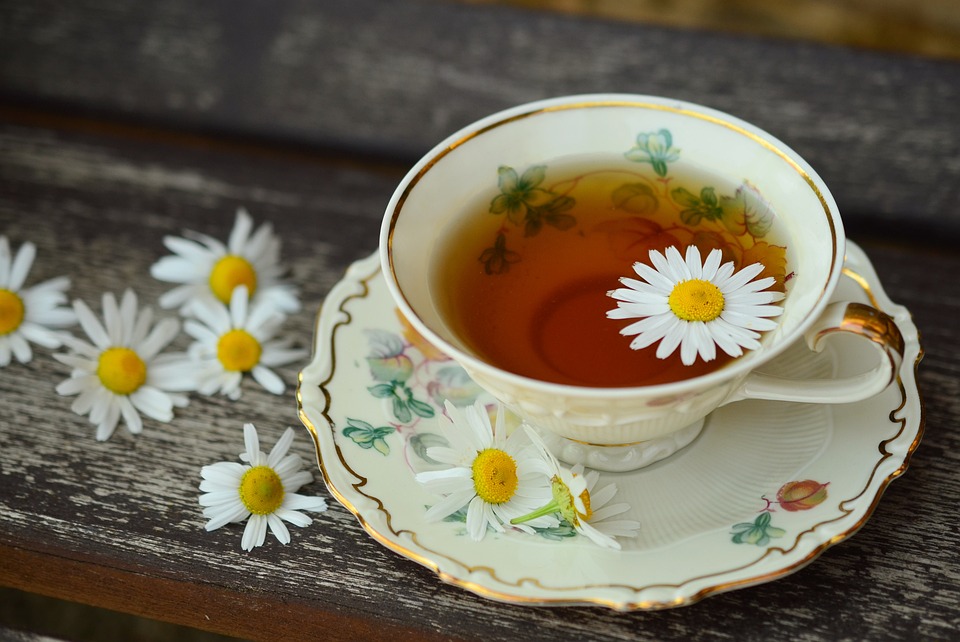
Stay Healthy and Cold-Free: Effective Ways to Avoid Catching a Cold
The common cold is a highly contagious viral infection that affects millions of people every year. It spreads through respiratory droplets, making it easy for the virus to find its way into our bodies. While it is impossible to completely eliminate the risk of catching a cold, there are several practical steps you can take to minimize your chances of falling victim to this unwelcome visitor. By adopting good hygiene practices, strengthening your immune system, and making smart lifestyle choices, you can significantly reduce the risk of catching a cold and enjoy a healthier life.
Wash Your Hands Regularly:
One of the most effective ways to prevent the spread of germs and avoid catching a cold is to maintain proper hand hygiene. Wash your hands thoroughly with soap and water for at least 20 seconds, especially after using the restroom, before eating, and after being in public places. If soap and water are not available, use a hand sanitizer with at least 60% alcohol content to kill any lurking viruses.
Keep Your Hands Away from Your Face:
Avoid touching your face, particularly your eyes, nose, and mouth, as these are the entry points for the cold virus. Touching contaminated surfaces and then touching your face can allow the virus to enter your body, leading to infection. Train yourself to be mindful of this habit and make a conscious effort to refrain from touching your face unnecessarily.
Practice Respiratory Etiquette:
When you cough or sneeze, cover your mouth and nose with a tissue or the crook of your elbow. This helps prevent the spread of respiratory droplets that contain the cold virus. Dispose of used tissues immediately and wash your hands afterward to eliminate any lingering germs. Encourage others around you to follow the same etiquette to minimize the risk of cross-contamination.
Boost Your Immune System:
A strong immune system is crucial in fighting off infections, including the common cold. Adopting a healthy lifestyle can help bolster your immune response. Get regular exercise, eat a balanced diet rich in fruits, vegetables, and whole grains, and ensure you’re getting enough sleep. Vitamin C and zinc are known to support immune function, so consider including citrus fruits, berries, nuts, and legumes in your diet or taking supplements after consulting with a healthcare professional.
Stay Hydrated:
Drinking an adequate amount of water helps keep your body hydrated, which supports overall health and immune function. Water helps flush out toxins and ensures that your body systems are functioning optimally. Aim to drink at least eight glasses of water a day and increase your fluid intake if you’re engaged in physical activities or spending time in dry environments.
Avoid Close Contact with Sick Individuals:
If you’re around people who have a cold, try to maintain a safe distance from them to minimize exposure. The cold virus can spread through respiratory droplets released when an infected person coughs or sneezes. If you’re feeling unwell, be considerate of others and stay home to prevent spreading the infection to those around you.
Keep Your Environment Clean:
Regularly disinfect frequently touched surfaces such as doorknobs, light switches, and countertops, especially during the cold season. Use a household disinfectant that is effective against viruses to reduce the risk of viral transmission. Keeping your living and working spaces clean and well-ventilated helps create a healthier environment for you and those around you.
While it may be impossible to completely avoid catching a cold, taking preventive measures can significantly reduce your chances of falling ill. By practicing good hygiene, strengthening your immune system, and being mindful of your surroundings, you can minimize your exposure to cold viruses and lead a healthier, cold-free life.